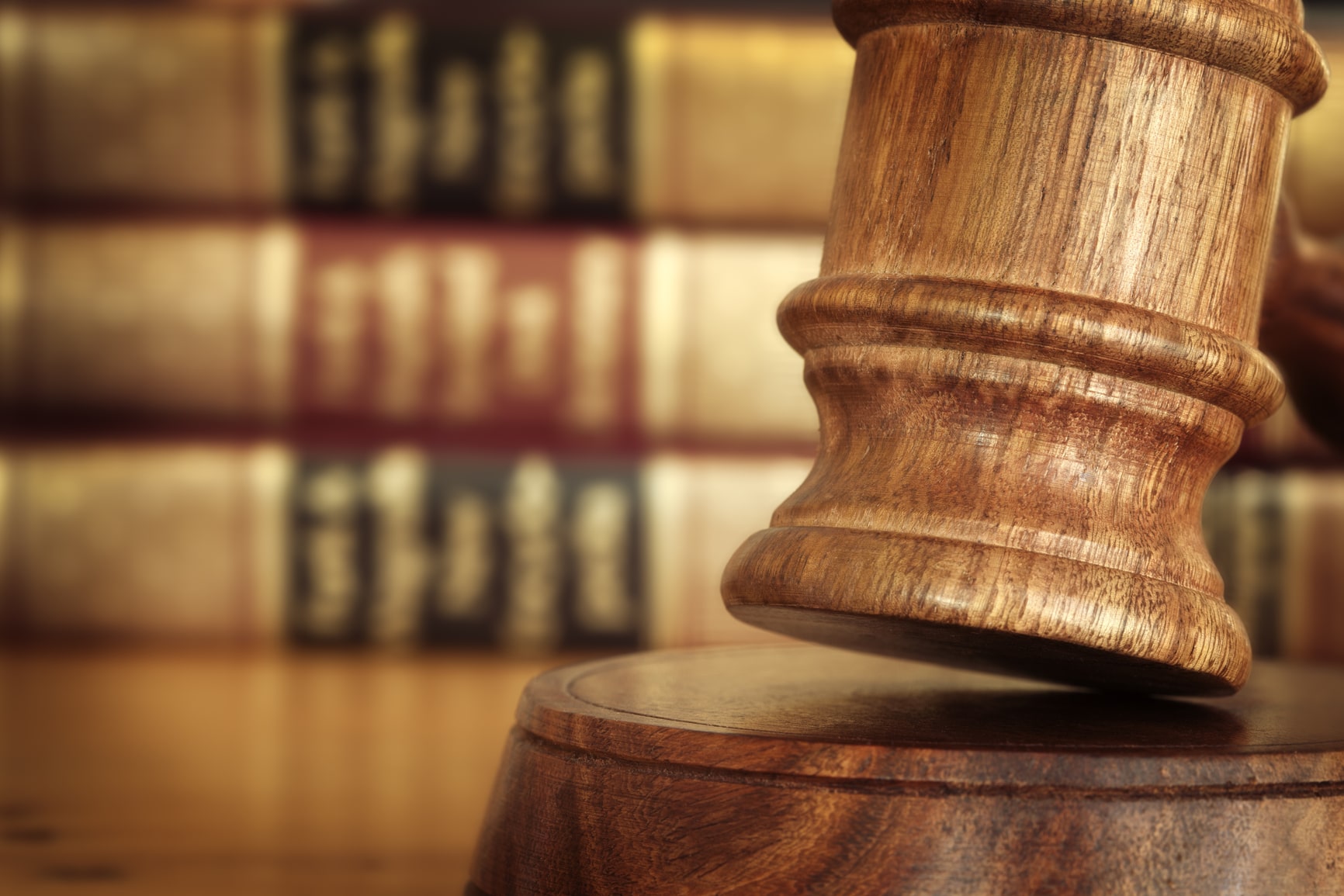Embarking on the journey of Chapter 13 bankruptcy is a pivotal decision that can have long-standing implications for your financial future. It’s a path often chosen by those who seek to reorganize their debts while retaining their assets. As our friends at Pioletti Pioletti & Nichols can explain, it’s important to know how Chapter 13 can impact your life before you dive in:
Understanding Chapter 13 Bankruptcy
Chapter 13 bankruptcy, often known as a wage earner’s plan, allows individuals with regular income to develop a plan to repay all or part of their debts. Under this chapter, debtors propose a repayment plan to make installments to creditors over three to five years.
Creating A Sustainable Budget
One of the most immediate impacts of filing for Chapter 13 is the restructuring of your finances. The repayment plan demands a strict budget that accommodates debt payments while managing your essential living expenses. This enforced discipline can be a valuable tool in learning to manage finances more effectively.
Regular Income Requirement
To qualify for Chapter 13, you must have regular income. This requirement underscores the need for stable employment or another consistent source of income. Your future financial planning will likely center around maintaining or improving your income stream to meet the plan’s obligations.
Credit Score Considerations
While Chapter 13 does impact your credit score, its effect is generally less severe than Chapter 7 bankruptcy. The record of Chapter 13 remains on your credit report for seven years, as opposed to ten years for Chapter 7. However, the ability to keep your assets and continue paying off your debts can reflect positively in the eyes of future creditors.
Future Borrowing Prospects
During the term of your Chapter 13 repayment plan, obtaining new credit requires court approval, which can be difficult to attain. This constraint encourages you to live within your means and avoid accumulating new debt. Post-discharge, while you may find it challenging to obtain credit, many bankruptcy lawyers note that clients often start receiving credit offers soon after. These offers might come with higher interest rates, making it crucial to borrow wisely.
Retaining Your Assets
Chapter 13 allows you to keep your assets, including your home, which can be a significant advantage if you have substantial equity in your property. By sticking to your repayment plan, you can avoid foreclosure and work towards full homeownership.
Long-Term Asset Planning
With your assets protected, you can plan for the long term. Whether it’s investing in home improvements, planning for retirement, or saving for education, Chapter 13 provides a framework within which you can make these plans a reality, post-discharge.
Contact A Lawyer Today
Filing for Chapter 13 bankruptcy is a significant decision that affects not just your current financial situation but your future as well. It’s a commitment to a structured repayment plan, requiring discipline and consistency. However, it also offers a chance to protect your assets, reorganize debts, and set the stage for a more stable financial future. With the right approach and guidance from your skilled chapter 13 bankruptcy lawyer, this decision can be the first step towards regaining financial control and moving towards a brighter, more secure future.

